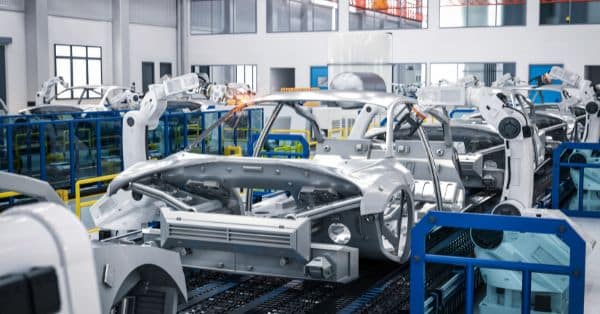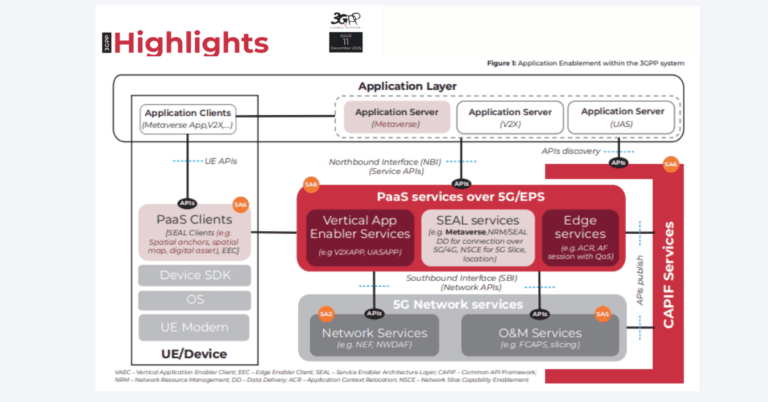BMW’s Shift to Private 5G at South Carolina Plant: A Technical Insight
Private 5G Integration in Manufacturing BMW has made a significant technological leap by introducing a private 5G wireless network at their Spartanburg manufacturing facility in South Carolina. This integration is aimed at streamlining manufacturing and storage activities, ensuring a seamless operational flow.
AI and Robotics in Car Manufacturing Within the vast confines of this plant, automated robots employ cutting-edge AI technology to weld hundreds of metal studs onto automobile frames. One of the noteworthy advancements is the real-time video analytics system that inspects the accurate placement of these studs.
Real-time Correction Mechanism
Curtis Tingle, BMW Group Manager, elaborates on this intricate process: “Whenever the AI system identifies a misplaced stud, it instantly instructs the robot for corrective action.” Such precision ensures that the automobiles roll out without any minuscule errors.
Surveillance and Digital Duplication To ensure flawless operations, the facility strategically positions 26 surveillance cameras. These cameras are crucial in flagging any challenges that demand human intervention. In addition, workers at the facility are equipped with advanced scanning devices. This facilitates the creation and upkeep of a digital twin of the plant, offering an intricate virtual representation of the physical space.
Warehouse Innovations with Private 5G Further enhancing digital proficiency, the warehouse staff are armed with scanning devices powered by the private 5G network. This innovation ensures meticulous tracking of components and containers across the sprawling one-million-square-foot facility. Automated systems have also been introduced to efficiently manage both large and small pallets.
Forward-looking Statement from Leadership
Oliver Bilstein, Vice President of Logistics and Production Control, emphasizes the strategic direction of BMW, stating, “Innovation, digitalization, and sustainability are pivotal for the future of logistics.”
BMW’s Contribution to the Local Economy This state-of-the-art facility in Spartanburg stands as a testament to BMW’s commitment to the region. Over the past thirty years, it has infused nearly $12 billion into the local economy. With a production rate exceeding 1,500 cars daily, this South Carolina facility takes pride in being the largest BMW manufacturing hub worldwide.







































